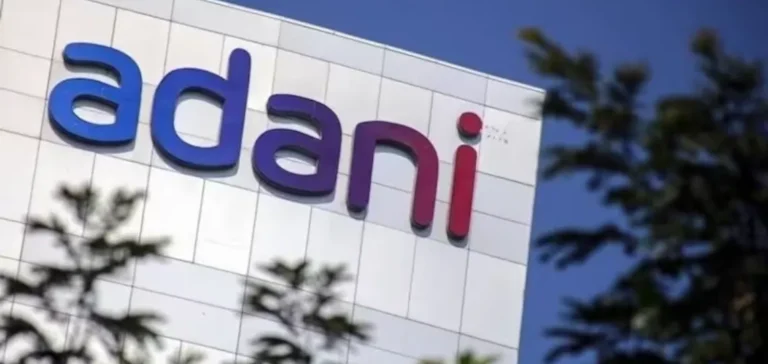Adani Green Energy Limited (AGEL), India’s leading renewable energy producer, has reached an installed capacity of 15,539.9 megawatts (MW). This achievement, marking unprecedented acceleration within India’s renewable energy sector, primarily includes solar and hybrid wind-solar projects. The milestone accounts for around 15% of the country’s large-scale solar installations and approximately 12% of its combined wind and solar capacity. Thus, AGEL has joined the select group of the world’s top ten renewable energy Independent Power Producers (IPP).
Rapid growth driven by Khavda project
During fiscal year 2025, AGEL added 3,309 MW of new capacity, marking the largest annual expansion by an Indian player in this sector. This rapid expansion follows an earlier milestone reached just 15 months prior, when the company surpassed 10,000 MW of operational capacity. Khavda, located in the Kutch region of Gujarat state, is central to this growth, with 5,355.9 MW already operational at a site set to become the world’s largest renewable energy park, spanning an area of 538 square kilometres.
The Khavda site is planned to achieve a total capacity of 30,000 MW, becoming visible from space. Once completed, this facility will become the world’s largest power plant across all energy sources. To date, the park has allowed AGEL to install nearly 55 million solar modules and 1,177 wind turbines since its inception.
Economic and operational impacts
The development of these projects has reportedly created around 3,700 direct jobs in renewable energy-related sectors. According to data provided by AGEL, the current operational capacity can power approximately 7.9 million homes in India, lighting the equivalent of 13 Indian states or the entire northeastern region of the country. AGEL’s total operational installations reportedly help avoid approximately 28.6 million tonnes of carbon emissions annually.
Ashish Khanna, Chief Executive Officer (CEO) of AGEL, attributes this success to “the sustained focus of our teams and the continued support of our investors, customers, and partners, driven by Gautam Adani’s ambition to position AGEL as a global leader in renewable energy.” The executive now plans to accelerate operational capacity development towards an ambitious new target of 50,000 MW by 2030.






















